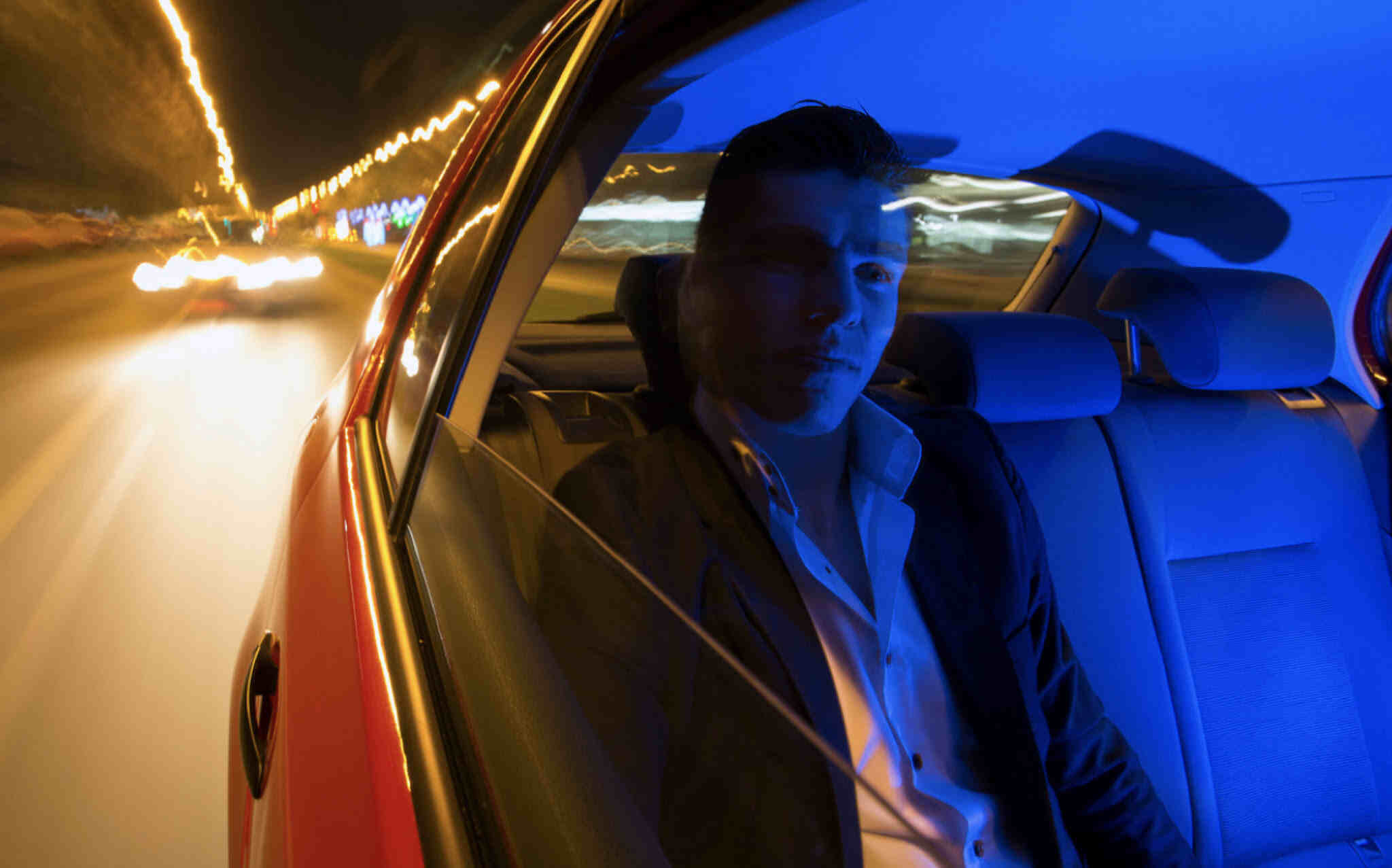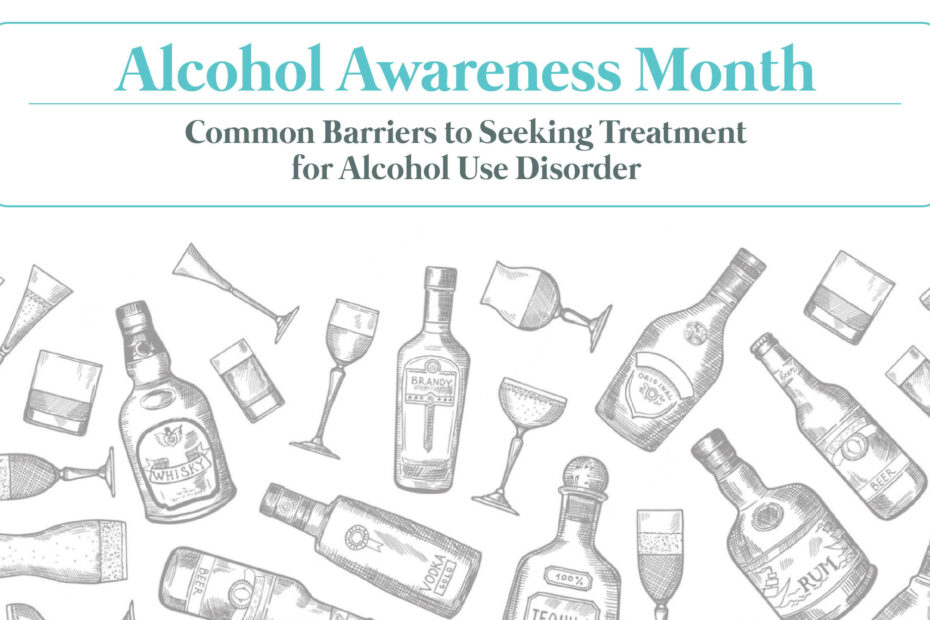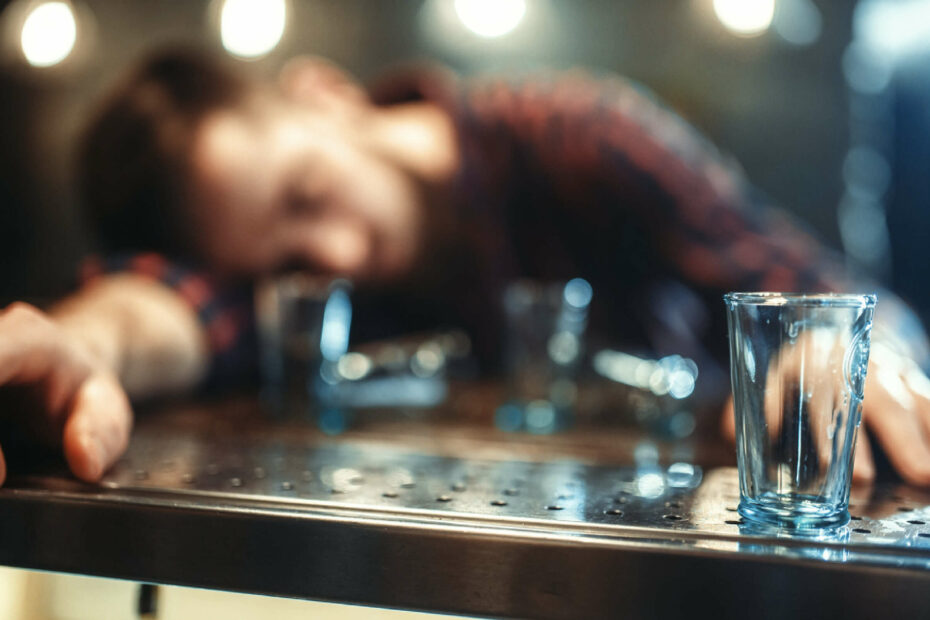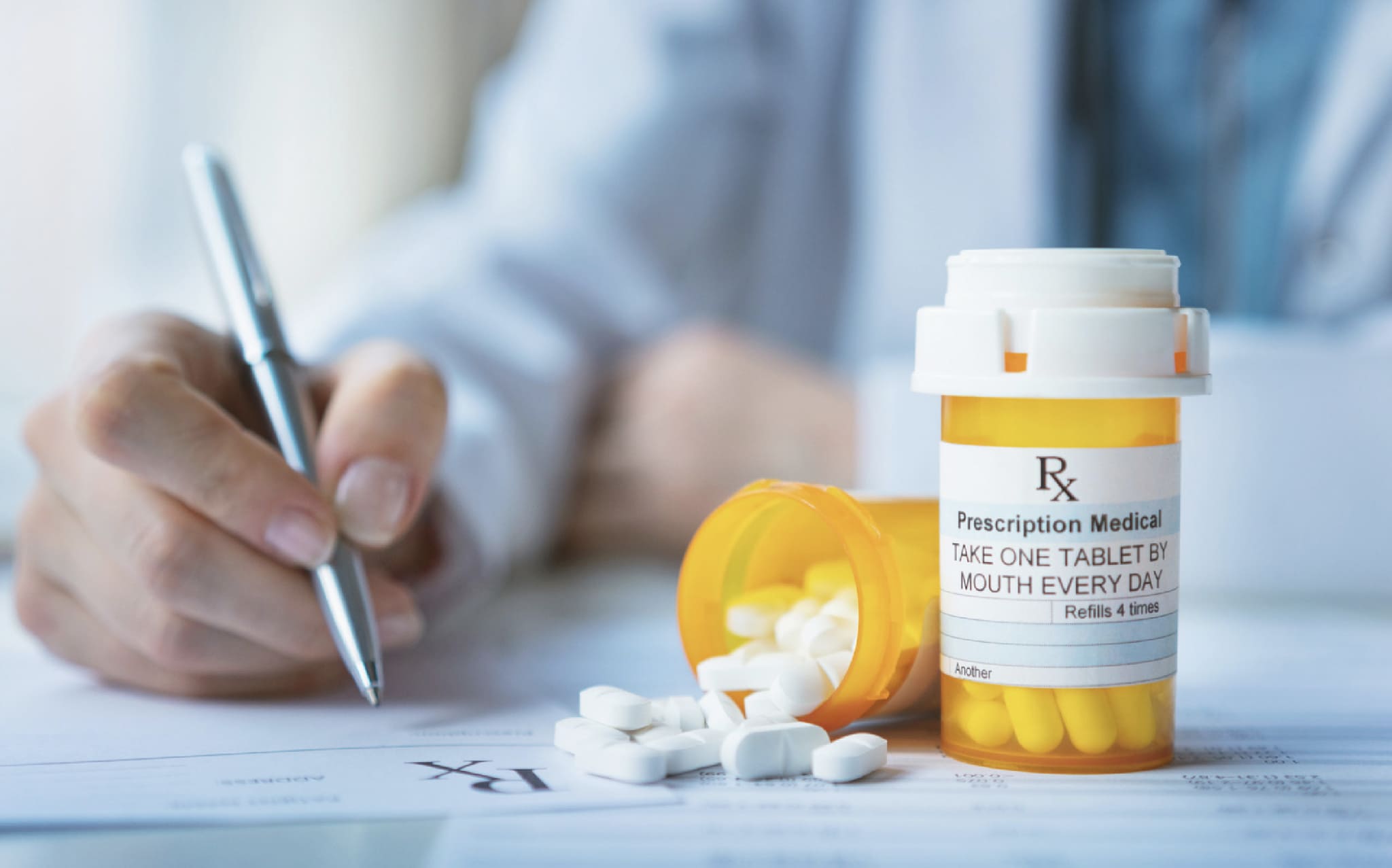While on the surface, grabbing drinks at Happy Hour with coworkers may sound nice after a long day at work. It might seem like no big deal to let off steam and build comradery with your team. But this concept of after-work happy hours has become quite problematic. Whether you are getting together for a late work meeting, after-work bonding time with a coworker, or a work social event, often getting drinks after work appears to be a positive team-building activity, fostering relationships between coworkers. However, working happy hours often produce undesirable outcomes.
Drinking and driving
One obvious problem with company happy hour is a logistical one: how do we get to the bar after work, and more importantly how do we get home after happy hour? For most employees, you take your car, which means drinking and driving is now part of the equation. If you live in a city, you may be able to take public transportation or walk, but if you live in a metropolitan area, you may have a long commute. Even if you want to take a Uber or Lyft, the logistics of getting your car back to your house is complicated, if not impossible.
For example, an Uber from your work to your happy hour and back to your work still leaves you with the dilemma of driving your car home after drinking at happy hour. Even if work happy hours are just a few miles from the office, it hardly erases the fact that after leaving the bar, some intoxicated employees were faced with a 20–40 minute trek home late at night.
Getting a DUI can be detrimental not only financially and personally but professionally as well. You may spend the night in jail, have hefty lines, lose your license, and even jeopardize your job. Is a work happy hour worth these consequences? Not to mention, driving drunk behind the wheel means putting yourself or someone else at risk of injury or death.
Next time you consider grabbing drinks with coworkers after work, think long and hard about the potential consequences of a DUI. You also have the option of not drinking, limiting yourself to one drink, driving home first, then grabbing an Uber to happy hour if you plan on drinking or skipping happy hour altogether.
Toxic office culture
Another issue with work happy hours is office culture and politics. If you work for a decent-sized company, you’ll know that there’s a lot more to work than just doing your job. There’s competition, performance reviews, employee relationships, and peer pressure.
Happy Hour can tie into all of this, which leads to unnecessary anxiety: What will people think of me if I don’t go? What opportunities might I miss if I get labeled as the employee who skips out on company-sponsored events? What if I genuinely want to make friends with my coworkers but hate drinking?
Individuals often feel obliged to attend these happy hours. For rational and irrational reasons, it often seems important for you to ingratiate with employees and acknowledge to the company that you appreciate their generosity.
Inappropriate behavior
Going out for drinks is unpredictable. Often you can’t anticipate how much everyone will drink, so you can’t anticipate their behavior. Alcohol brings out versions of us that vary from playful and fun to wildly inappropriate; when the prefrontal cortex relaxes, humans can be highly entertaining and deeply problematic.
After a few margaritas, you can say all kinds of things to your co-workers that you may regret the next day. What happens at workplace happy hours definitely does not stay at the workplace happy hour. Alcohol muddies the waters, but this much is clear: no one wants to deal with company drama instigated by booze.
Hangovers
Happy hours will attract co-workers who will have one beer or one too many cocktails. Drinking cocktail after cocktail may seem fun at the time, but the next day at the office, it is painful to run into them in the office kitchen, chugging water, popping another Tylenol, praying to make it through the day. What’s worse than working in an office? Working in an office hungover.
Not Inclusive
What about the individuals who do not drink because it is a lifestyle choice or they are in recovery? If a workplace is only creating team-building events around alcohol consumption and happy hours, many employees may feel uncomfortable or even excluded. Be sure to include non-alcoholic beverage options, or better yet, stick to a dry event for the safety and well-being of your staff.




